The workshop attracted over 200 delegates to participate directly and 300 delegates to participate online from relevant agencies such as: National Assembly, Ministry of Labor, Invalids and Social Affairs, Ministry of Industry and Trade, Vietnam Academy of Social Sciences, German Institute for Employment Research, Institute for Sustainable Futures - University of Technology Sydney and representatives of the private sector.
The workshop analyzed and assessed the potential that energy transition brings to Vietnam's economic development as well as the labor market. It was emphasized that energy transition needs to consider social, cultural, environmental, economic and identity aspects to ensure a fair transition that leaves no one behind.
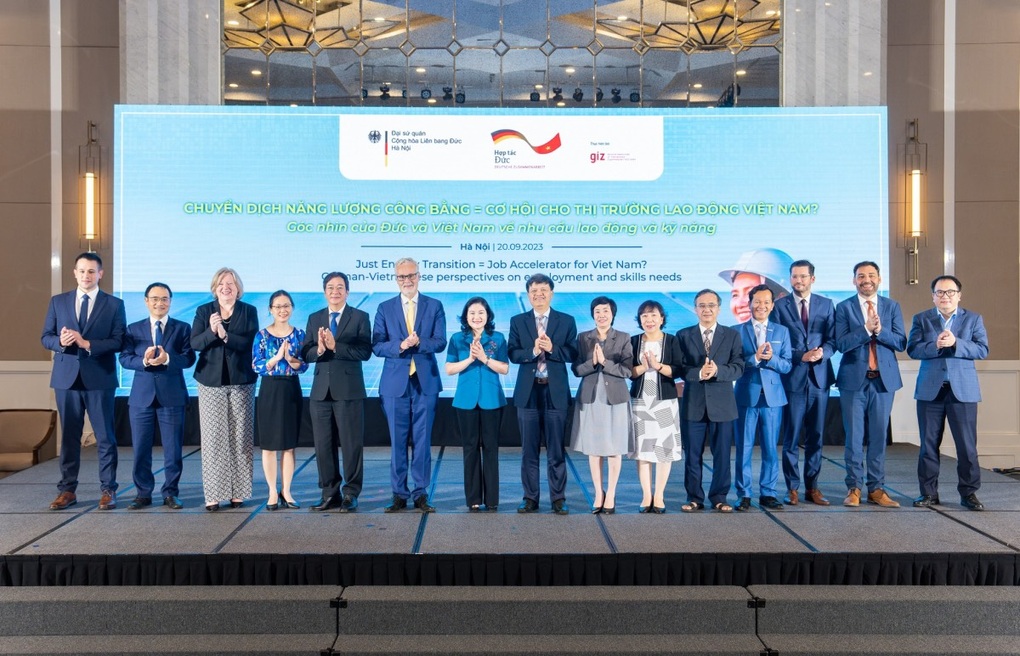
The workshop was held with the aim of analyzing and evaluating the potential that the Energy Transition brings to Vietnam's economic development as well as the labor market (Photo: Contributor).
Dr. Guido Hildner, Ambassador of the Federal Republic of Germany to Vietnam, said that in Germany, the number of employees working in green skilled occupations increased by 56.7% from 2012 to 2020. This shows that the energy transition is a complex and demanding process but also has great opportunities to bring benefits to people and the economy.
In the field of green job creation, Germany has enhanced the job transition process with Vietnamese partners such as electrical engineering, electronics, etc., training skills for students in rooftop solar power installation, with tens of thousands of students benefiting every year at 11 vocational schools, of which 79% of graduates have jobs.
“Clearly, managing a just energy transition is a complex issue, but with high labor demand, Vietnam will need long-term decisions from the government, promoting innovation in the public and private sectors, and mobilizing public-private investment, especially in modernizing the grid and further increasing renewable energy generation,” said Ambassador Guido Hildner.
Mr. Ta Dinh Thi, Vice Chairman of the National Assembly's Committee on Science, Technology and Environment, affirmed: "Vietnam, together with the international community, is committed to striving to achieve carbon neutrality by 2050 and pursuing a just energy transition."
Speaking at the Conference, Ms. Nguyen Thi Ha, Deputy Minister of Labor, War Invalids and Social Affairs, affirmed that globally, developed and developing countries are committed to and tend to shift from using finite fossil energy (coal, oil, gas, uranium) to renewable, infinite energy (sunlight, wind, biomass, geothermal).
For developing countries, the energy transition needs to be fair and based on equity so that they can make a sustainable transition to a low-carbon economy and set a climate-resilient trajectory while achieving the sustainable development goals.
Deputy Minister Nguyen Thi Ha emphasized that recently, with the Government's incentive policies, renewable energy sources have developed strongly in Vietnam with impressive figures. By the end of 2021, the total installed capacity of wind and solar power sources reached 20,670 MW, accounting for nearly 27% of the total installed capacity of the entire system. Electricity output from this source has reached 31.5 billion kWh, accounting for 12.27% of the total electricity output of the entire system. The trend of highly skilled labor in the industry is expected to increase further in the next decade in Vietnam. Therefore, training capacity at training institutions needs to adapt to this development trend in order to create jobs and meet domestic demand.
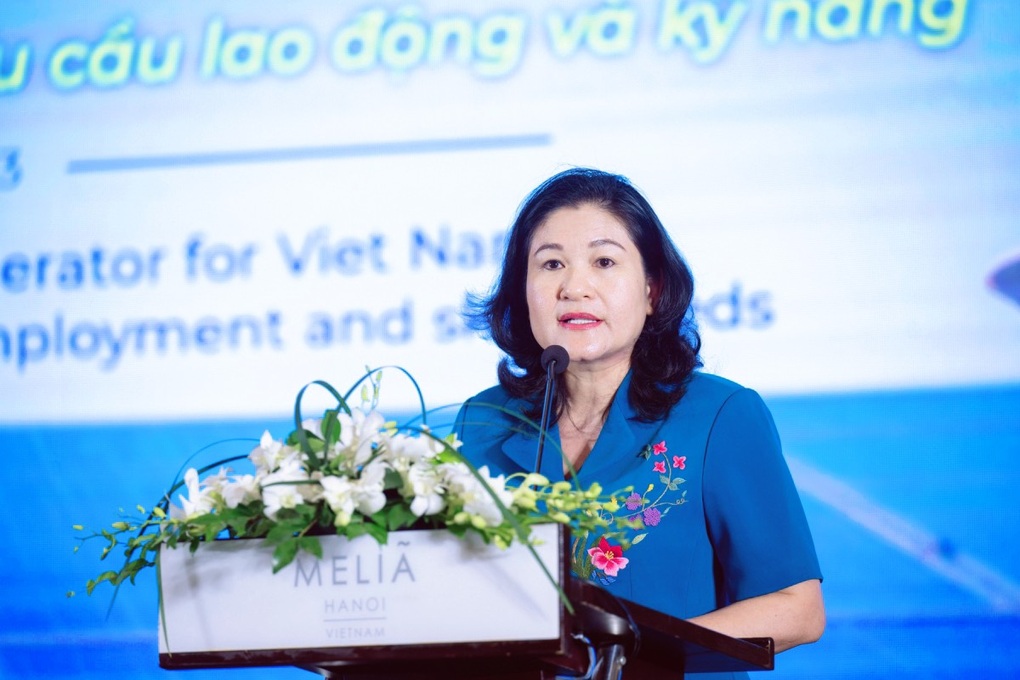
Deputy Minister Nguyen Thi Ha speaks at the workshop (Photo: Contributor).
Also according to Deputy Minister Nguyen Thi Ha, on the side of the Ministry of Labor, Invalids and Social Affairs, implementing the policies of the Party and the Government, recently, the Ministry has consulted and submitted to the Government and the Prime Minister for approval many programs, projects and policies on developing skilled human resources, promulgating policies to support workers and employees participating in training and retraining to meet the requirements of the fourth industrial revolution; policies to support workers and employers facing difficulties due to the COVID-19 pandemic; policies to develop a flexible, modern, effective and sustainable labor market. The Ministry of Labor, Invalids and Social Affairs has directed specialized units to proactively include green energy content when developing and promulgating about 300 sets of regulations on the minimum amount of knowledge and requirements on the capacity of learners to achieve after graduating at college and intermediate levels for vocational training institutions to integrate when developing and promulgating training programs.
The Ministry of Labor, Invalids and Social Affairs has also strengthened cooperation with international partners such as: cooperating with the International Labor Organization (ILO) to promote and implement the basic principles of the ILO and basic rights at work to ensure that the whole society can benefit from the green transition, the process of preventing and minimizing the impacts of climate change, population aging and the impact of technology; strengthening cooperation with the Federal Republic of Germany on developing vocational education with a dual vocational training model, developing renewable energy, consulting and supporting the development of policies on developing vocational skills for workers, developing vocational education in an open, flexible and inclusive direction.
Source link



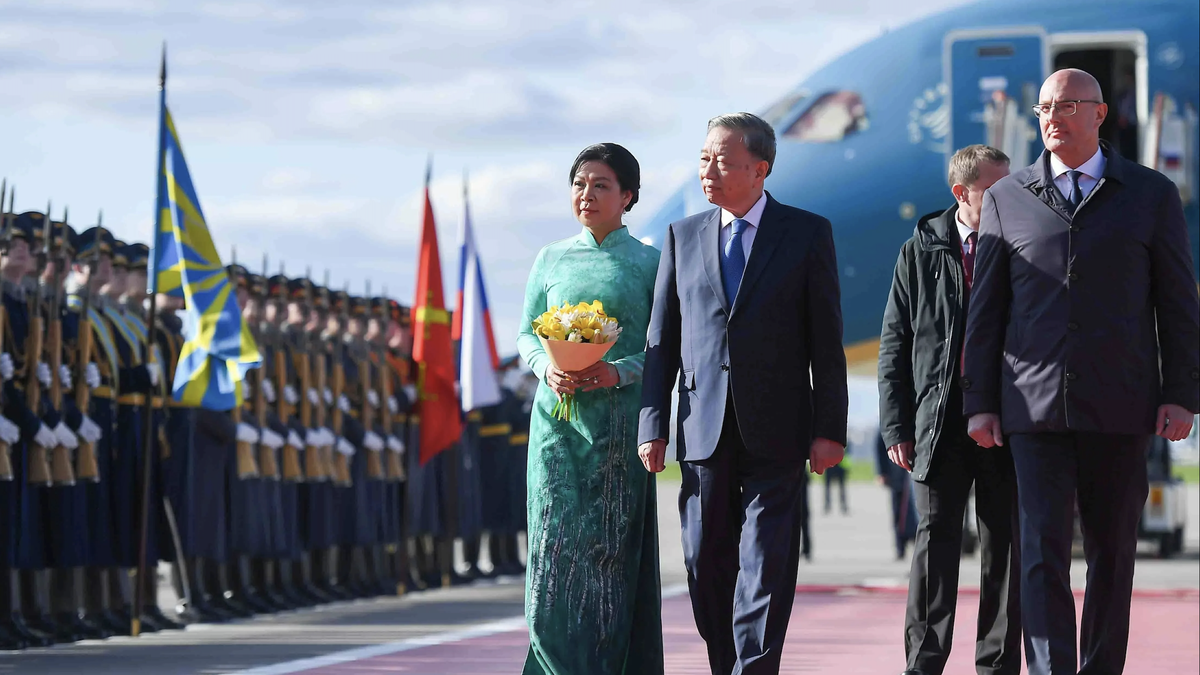






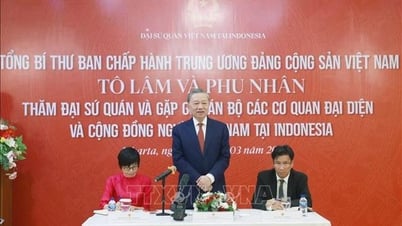

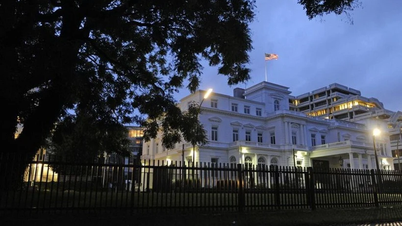

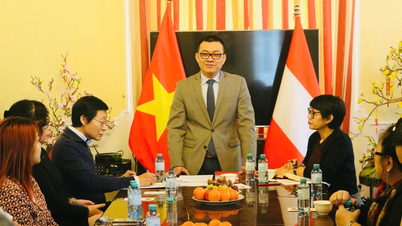

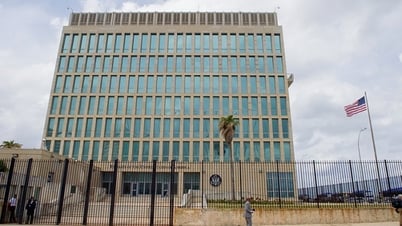





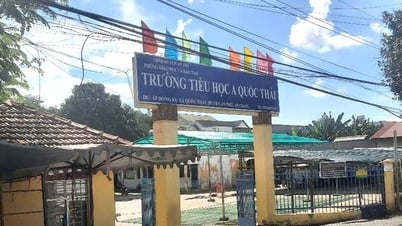













![[Photo] Prime Minister Pham Minh Chinh meets with the Policy Advisory Council on Private Economic Development](https://vphoto.vietnam.vn/thumb/1200x675/vietnam/resource/IMAGE/2025/5/8/387da60b85cc489ab2aed8442fc3b14a)

![[Photo] General Secretary To Lam begins official visit to Russia and attends the 80th Anniversary of Victory over Fascism](https://vphoto.vietnam.vn/thumb/1200x675/vietnam/resource/IMAGE/2025/5/8/5d2566d7f67d4a1e9b88bc677831ec9d)


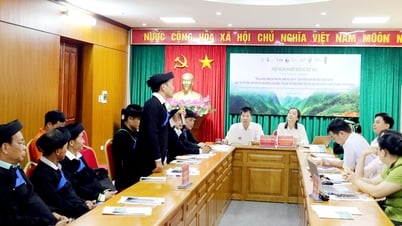





























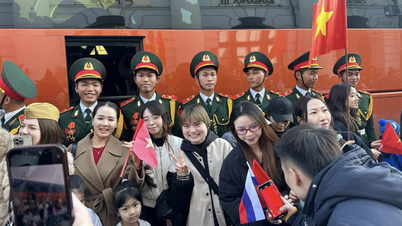



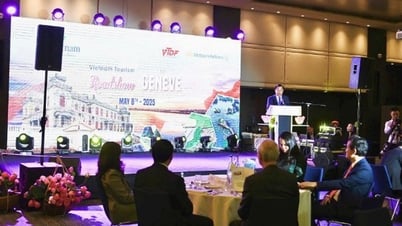




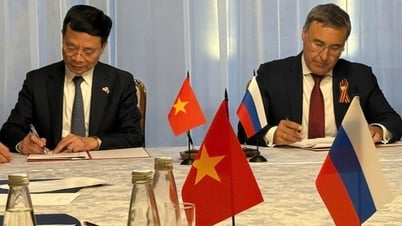




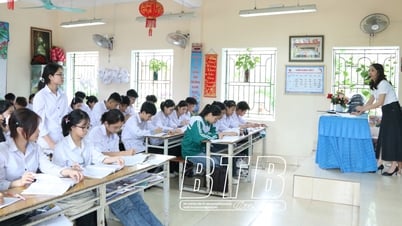

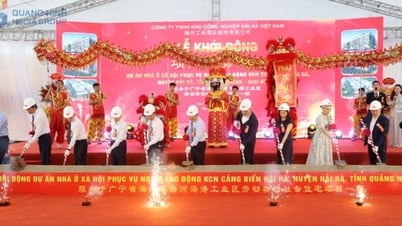



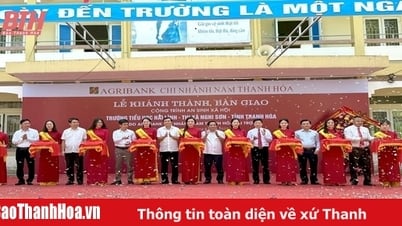













Comment (0)